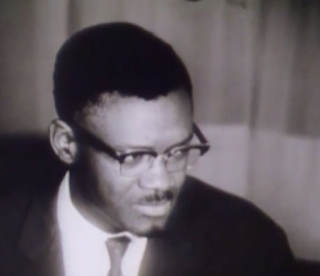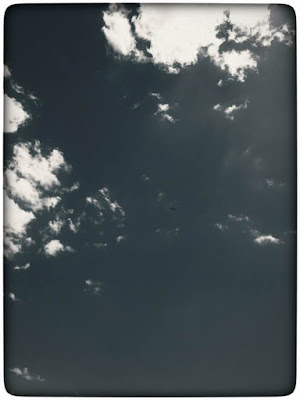Long Live a Solidad Brother
George Jackson was murdered by prison guards on August 21, 1971. Half a century later, his story deserves to be known by a new generation of activists. Jackson was born on September 23, 1941, in Chicago. He was raised by a loving mother and father, and given particular attention by his grandfather, George “Papa” Davis. But at age 15, Jackson was imprisoned at a youth facility in California after several juvenile convictions. “Capture, imprisonment, is the closest to being dead that one is likely to experience in this life,” Jackson later wrote in his book Soledad Brother . “When told to do something, I simply played the idiot and spent my time reading. The absentminded bookworm, I was in full revolt by the time seven months were up.” At age 18, Jackson was convicted on dubious evidence of a gas station robbery of $70. “I was captured and brought to prison when I was 18 years old because I couldn’t adjust,” he would later write. ...




